Black caviar, also known as “black gold,” has long been associated with luxury, sophistication, and indulgence. This exquisite delicacy, prized for its unique taste and texture, has been a symbol of status and opulence for centuries. In this article, we will delve into the fascinating world of black caviar, examining its history, production methods, and its economic significance in today’s market. 1. An Ancient Tradition: Black caviar has a rich and storied history. Its origins can be traced back to ancient Persia, where it was consumed by the nobility and royalty as a sign of wealth and prosperity. Over the centuries, it spread across the globe, becoming a highly sought-after luxury item. 2. The Caviar Harvesting Process: Black caviar is harvested from various species of sturgeon, a type of fish found in the Caspian Sea and other freshwater sources. The most coveted and expensive caviar is traditionally sourced from wild sturgeon, as its flavor profile is considered superior.
.
 However, due to overfishing and environmental issues, the majority of black caviar on the market today comes from sturgeon farms. The sturgeon’s eggs, known as roe, are carefully extracted and then salted to enhance the flavor and preserve the eggs. The eggs vary in size, color, and taste, depending on the sturgeon species and the region in which they are harvested. 3. Economic Significance: The black caviar industry is a significant contributor to the global economy. The market demand for this luxury product is high, with consumers from around the world willing to pay a premium price for its exclusivity. The countries bordering the Caspian Sea, particularly Russia and Iran, have historically dominated the caviar market. However, due to environmental concerns and efforts to protect endangered sturgeon species, regulations and quotas have been implemented to control production and prevent illegal harvesting.
However, due to overfishing and environmental issues, the majority of black caviar on the market today comes from sturgeon farms. The sturgeon’s eggs, known as roe, are carefully extracted and then salted to enhance the flavor and preserve the eggs. The eggs vary in size, color, and taste, depending on the sturgeon species and the region in which they are harvested. 3. Economic Significance: The black caviar industry is a significant contributor to the global economy. The market demand for this luxury product is high, with consumers from around the world willing to pay a premium price for its exclusivity. The countries bordering the Caspian Sea, particularly Russia and Iran, have historically dominated the caviar market. However, due to environmental concerns and efforts to protect endangered sturgeon species, regulations and quotas have been implemented to control production and prevent illegal harvesting.
..
 Nowadays, countries such as China, the USA, and Spain have emerged as significant players in the black caviar market, offering farm-raised alternatives that meet both sustainability and quality standards. 4. Culinary Delights: Black caviar’s intricate flavor profile makes it a highly versatile ingredient in the culinary world. Its delicate, buttery taste with hints of brininess adds a touch of elegance to various dishes and can complement anything from blini to sushi. Notably, chefs and food enthusiasts worldwide experiment with integrating black caviar into their creations, showcasing its versatility beyond the traditional serving on a mother-of-pearl spoon. Whether enjoyed on its own or as a garnish, black caviar elevates the dining experience to new heights.
Nowadays, countries such as China, the USA, and Spain have emerged as significant players in the black caviar market, offering farm-raised alternatives that meet both sustainability and quality standards. 4. Culinary Delights: Black caviar’s intricate flavor profile makes it a highly versatile ingredient in the culinary world. Its delicate, buttery taste with hints of brininess adds a touch of elegance to various dishes and can complement anything from blini to sushi. Notably, chefs and food enthusiasts worldwide experiment with integrating black caviar into their creations, showcasing its versatility beyond the traditional serving on a mother-of-pearl spoon. Whether enjoyed on its own or as a garnish, black caviar elevates the dining experience to new heights.
…
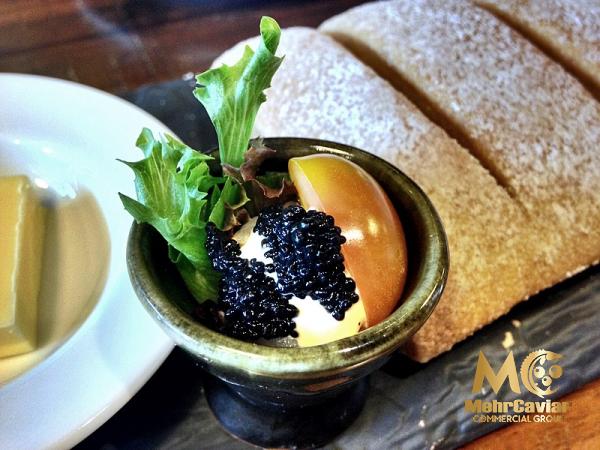 5. Exclusivity and Luxury: Black caviar’s limited supply and high demand contribute to its exclusive status and luxury appeal. Its delicate flavor, texture, and rarity make it a symbol of privilege and refinement. It is often associated with celebratory occasions, affluence, and gourmet experiences. Conclusion: Black caviar continues to captivate the palates and imaginations of connoisseurs worldwide. Its rich history, meticulous production process, economic significance, and culinary versatility all contribute to its enduring allure. While the industry faces challenges in ensuring sustainability and protecting endangered sturgeon species, efforts are underway to find a balance between conservation and meeting market demands. As we move forward, black caviar remains an enduring symbol of indulgence and sophistication, embodying the very essence of luxury.
5. Exclusivity and Luxury: Black caviar’s limited supply and high demand contribute to its exclusive status and luxury appeal. Its delicate flavor, texture, and rarity make it a symbol of privilege and refinement. It is often associated with celebratory occasions, affluence, and gourmet experiences. Conclusion: Black caviar continues to captivate the palates and imaginations of connoisseurs worldwide. Its rich history, meticulous production process, economic significance, and culinary versatility all contribute to its enduring allure. While the industry faces challenges in ensuring sustainability and protecting endangered sturgeon species, efforts are underway to find a balance between conservation and meeting market demands. As we move forward, black caviar remains an enduring symbol of indulgence and sophistication, embodying the very essence of luxury.

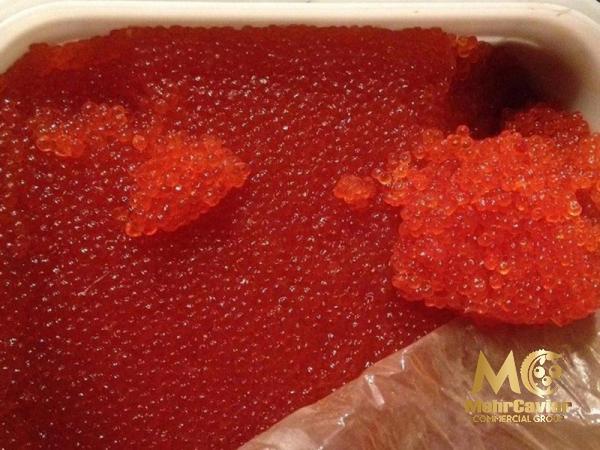

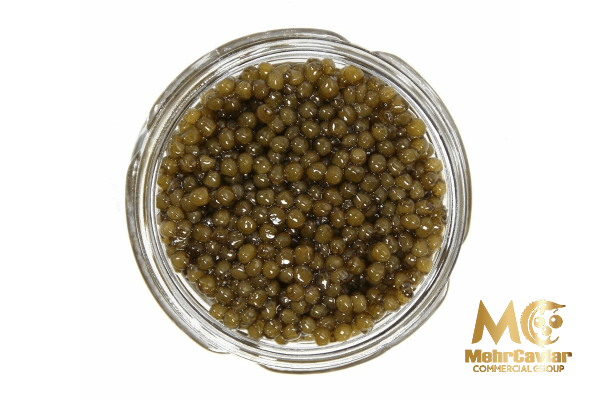



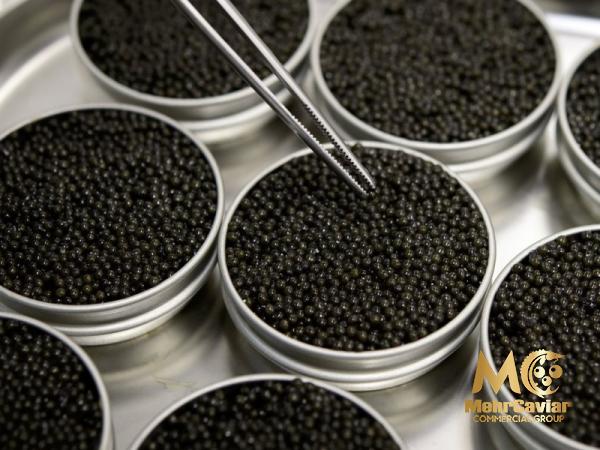
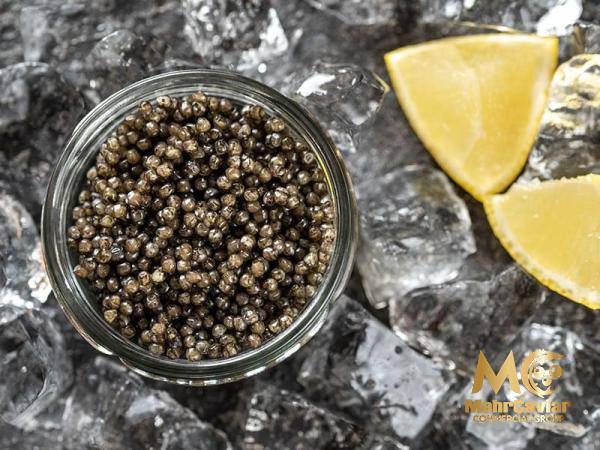
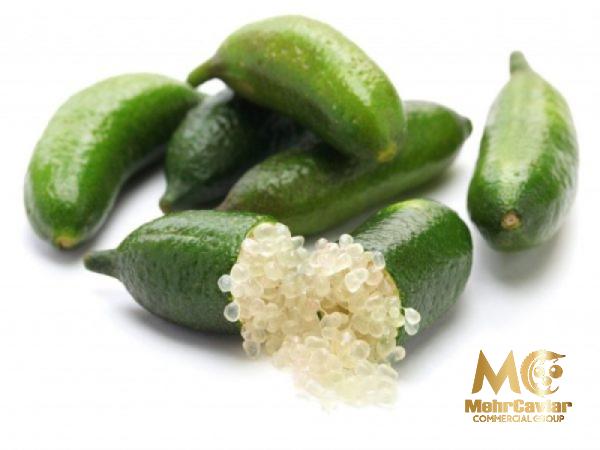
Your comment submitted.